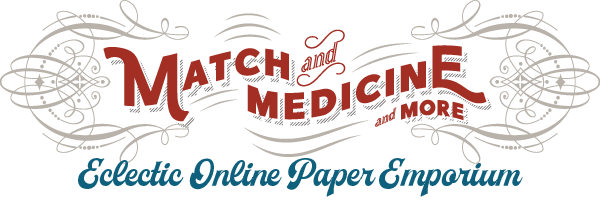Additional information
| Catalog Number | RO58P3 |
|---|---|
| Condition | very fine |
| Denomination | 1c |
| Paper | india |
| Issued | Die approved February 1880. First issued March 1880. |
| Catalog Value | $75.00 |
$50.00
The data contained in the Boston Book regarding this beautiful little adhesive gives the main facts regarding its issue but tells nothing of its curious and most interesting history, and even when the present writer was unable to find any trace of such a concern in the St. Louis directories he little dreamed of the important part it seems to have borne in the development of the match making industry in the United States. It may well be that this almost valueless bit of engraved paper was largely responsible for the formation of the combination of American match manufacturers known as the Diamond Match Company. The Cardinal stamp was engraved and printed by the American Bank Note Co. and the sheets bear the imprint of this company and its plate number— “112”. The only reference to the Cardinal Match Co. found in philatelic periodicals is a note by Robert S. Hatcher in the Philatelic Journal of America for September, 1885, where he states the Cardinal stamp was used by H. K. Brooking of St. Louis. This statement is very nearly true as will be seen from the following letter of Mr. Brookings’ writ ten only a few months ago:— “My only recollection of the Cardinal Match is that I had them made in Hull, Canada, by a manufacturer there named Eddy, and made an arrangement with the U. S. gov’t to keep a revenue agent at the factory to supervise the stamping of the matches at the factory to avoid opening the cases and stamping them at the port of entry in this country, which I think was at Port Huron. We called them the Cardinal Match because they were Red Headed and labeled them ‘made by the Cardinal Match Co.’ This is all I can remember about them.” Mr. Brookings is Harry G. Brookings of St. Louis, for many years closely connected with the Samuel Cupples Woodenware Co. of that city. He was also the father, or at least the step father, of the famous Alligator Match, and in the matter of selecting appropriate names for his goods he seems to have been in a class by himself. Referring to the testimony of Mr. Wm. H. Swift of the Diamond Match Co. commented upon in chapters II and III of this work we find Mr. Swift stating that soon after December, 1880, there “came along a little wave of imported matches” which had the effect of lowering the price all over the country and to an extent demoralizing the domestic business; and also that, “the stamp on matches keeps foreign matches out of the market and that is why we do not want to lose it. Importers do not want to take the trouble and risk of opening packages and affixing a stamp to each box.” If there is no connection between the Swift statements and the peculiar use, of the Cardinal stamp certainly the several facts and the sequence of time during which they occured present a most remarkable coincidence. The Mr. Eddy named by Mr. Brookings is none other than E. B. Eddy of Canada who was operating a match factory in Ogdensburg, New York, during the time the Cardinal stamp was in use, and in fact was using a private die stamp at his Ogdensburg factory. Obviously, Mr. Swift’s contention that the stamp tax on matches tended to keep imported matches out of the United States could not successfully apply to Canadian matches stamped in Canada. So far as the writer knows the Cardinal was the only U. S. match stamp affixed to the match boxes outside of the United States. No wonder Mr. Swift and the other American manufacturers were alarmed ! They were not long in taking steps to make the case of the Cardinal absolutely unique. Mr. Eddy’s factory at Hull was the largest in the dominion, and supplies were drawn from there to supply the one in Ogdensburg, but the latter did not prove to be a very paying proposition and was finally sold to the Diamond Match Company. Probably this is why the Cardinal stamp was last issued in May, 1881, and the Eddy survived only two days longer.
Christopher West
Out of stock
| Catalog Number | RO58P3 |
|---|---|
| Condition | very fine |
| Denomination | 1c |
| Paper | india |
| Issued | Die approved February 1880. First issued March 1880. |
| Catalog Value | $75.00 |
Out of stock
